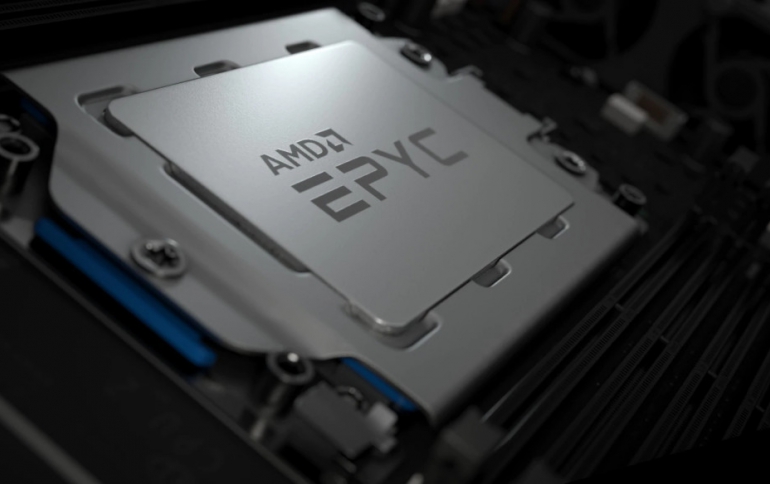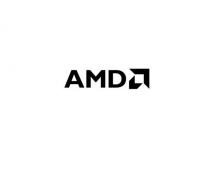
AMD Announces Design Wins for the 2nd Gen AMD EPYC Processor, New EPYC 7H12 Model
AMD today highlighted the growing adoption of 2nd Gen AMD EPYC processors across cloud, enterprise and HPC customers.
At the European launch in Rome, Dell Technologies announced five new Dell EMC PowerEdge platforms powered by the 2nd Gen AMD EPYC processor. These platforms were designed from the groundup and optimized to support the features of the new AMD EPYC processor including PCIe 4.0.
At the same event, IBM Cloud detailed how 2nd Gen EPYC processors can support IBM Cloud customer needs in specific areas including helping improve cloud security, better memory bandwidth for big data and analytics workloads and core scaling and breakthrough performance for container workloads. IBM plans to have more to share in 2020 about its performance offerings for clients.
Nokia highlighted how 2nd Gen EPYC processors accelerate its Cloud Packet Core system which helps service providers deliver converged broadband, IoT, and machine-type communication services for 5G. In testing, Nokia found its Cloud Packet Core system with 2nd Gen AMD EPYC provided a 2X increase in packet throughput compared to previous systems.
ATOS announced Genci is using the 2nd Gen AMD EPYC processors to expand the use of supercomputing for the benefit of French scientific communities.
OVHcloud, a global cloud provider specializing in delivering performance and cost-effective solutions, announced a new high-end hosting instance based on the new AMD EPYC 7402P processor. This instance will be available at the end of 2019.
TSMC announced its adoption of 2nd Gen AMD EPYC helping power its next generation research and leading process technology.
AMD also announced a new addition to the 2nd Generation AMD EPYC family, the AMD EPYC 7H12 processor. The 64 core/128 thread, 2.6Ghz base frequency, 3.3Ghz max boost frequency, 280W TDP processor is specifically built for HPC customers and workloads, using liquid coolin. In an ATOS testing on their BullSequana XH2000, the new AMD EPYC 7H12 processor achieved a LINPACK score of ~ 4.2 TeraFLOPS, ~11% better than the AMD EPYC 7742 processor.





















